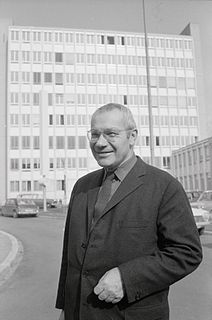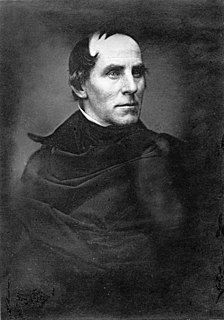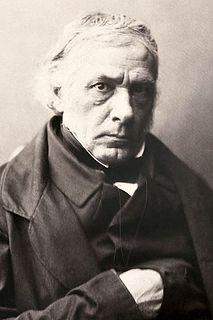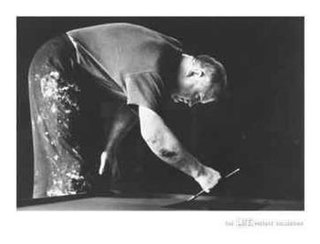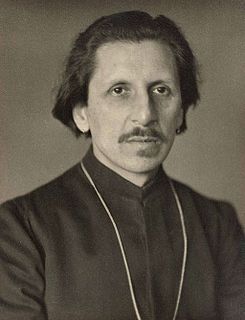A Quote by Piet Mondrian
Art on the contrary sought this harmony in practice [of art itself]. More and more in its creations it has given inwardness to that what surrounds us in nature, until, in Neo-Plasticism, nature is no longer dominant. This achievement of balance may prepare the way for the fulfillment of man and signal the end of (what we call) art.
Related Quotes
I know now that he who hopes to be universal in his art must plant in his own soil. Great art is like a tree, which grows in a particular place and has a trunk, leaves, blossoms, boughs, fruit, and roots of its own. The more native art is, the more it belongs to the entire world, because taste is rooted in nature. When art is true, it is one with nature. This is the secret of primitive art and also of the art of the mastersMichelangelo, Czanne, Seurat, and Renoir. The secret of my best work is that it is Mexican.
Art makes people do a double take and then, if they're looking at the picture, maybe they'll read the text under it that says, "Come to Union Square, For Anti-War Meeting Friday." I've been operating that way ever since - that art is a means to an end rather than simply an end in itself. In art school we're always taught that art is an end in itself - art for art's sake, expressing yourself, and that that's enough.
Art is the microscope of the mind, which sharpens the wit as the other does the sight; and converts every object into a little universe in itself. Art may be said to draw aside the veil from nature. To those who are perfectly unskilled in the practice, unimbued with the principles of art, most objects present only a confused mass.
I believe it is no wrong Observation, that Persons of Genius, and those who are most capable of Art, are always fond of Nature, as such are chiefly sensible, that all Art consists in the Imitation and Study of Nature. On the contrary, People of the common Level of Understanding are principally delighted with the Little Niceties and Fantastical Operations of Art, and constantly think that finest which is least Natural.
Gradually, ... the aspect of science as knowledge is being thrust into the background by the aspect of science as the power of manipulating nature. It is because science gives us the power of manipulating nature that it has more social importance than art. Science as the pursuit of truth is the equal, but not the superior, of art. Science as a technique, though it may have little intrinsic value, has a practical importance to which art cannot aspire.
We can't suddenly quit a job and then race to find a form of art that will pay off before the next mortgage payment is due. Creating art is a habit, one that we practice daily or hourly until we get good at it … Art isn’t about the rush of victory that comes from being picked. Nor does it involve compliance. Art in the post-industrial age is a lifelong habit, a stepwise process that incrementally allows us to create more art.
The one object of fifty years of abstract art is to present art-as-art and as nothing else, to make it into the one thing it is only, separating and defining it more and more, making it purer and emptier, more absolute and more exclusive - non-objective, non-representational, non-figurative, non-imagist, non-expressionist, non-subjective. the only and one way to say what abstract art or art-as-art is, is to say what it is not.
Fine art, that exists for itself alone, is art in a final state of impotence. If nobody, including the artist, acknowledges art as a means of knowing the world, then art is relegated to a kind of rumpus room of the mind and the irresponsibility of the artist and the irrelevance of art to actual living becomes part and parcel of the practice of art.

